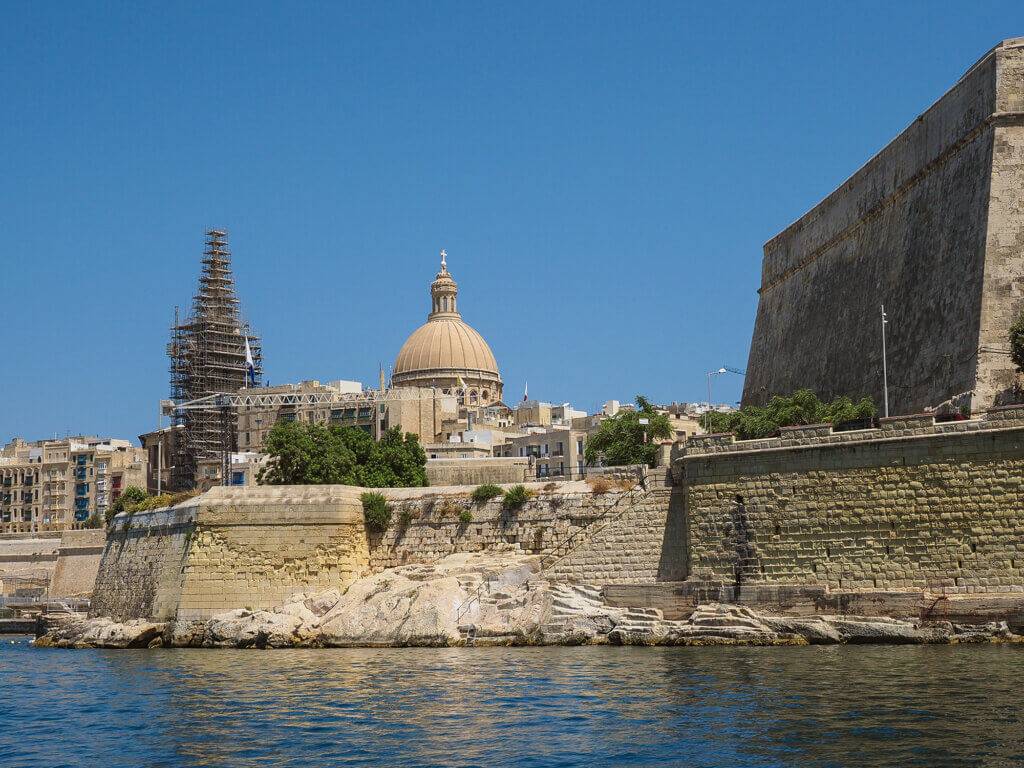Mandate
In the Maltese Islands, the statutory protection and regulation of cultural heritage goes back to an Ordinance of 1910 , updated by a series of Acts , the latest being the Cultural Heritage Act of 2019, and as subsequently amended by Act XLI of 2021. The main objective of this legislation is to ensure that Malta’s cultural heritage is adequately protected, conserved and promoted.
Within this legal framework, the Superintendence of Cultural Heritage was established as the State’s regulator on cultural heritage and given the mission to ensure the protection and accessibility of cultural heritage. The Act also establishes the functions of the Superintendence.
Cultural Heritage
Cultural heritage a marriage between human expression, experience and achievements through time. It stands as testimony of past generations, serves as legacy to the present and inspires the future. Cultural heritage encompasses immovable, moveable, and intangible heritage, found on land and underwater, owned by the State, private persons or co-owned by institutions.
Cultural heritage is an asset of irreplaceable spiritual, cultural, social and economic value, and its protection and promotion are indispensable for a balanced and complete life (Cultural Heritage Act, Art. 4). It is a privilege to be enjoyed responsibly by all on the basis of Sustainability as defined by the World Commission on Environment and Development (WCED) in Our Common Future, (Brundtland Report) published in 1987 by the United Nations.
108
New archaeological discoveries
in 2019
10,093
Planning consultation requests
received in 2019
2,361
Inventories entered

Quality Service Charter
Our mandate encompasses the oversight and coordination of activities related to the identification, documentation, investigation, regulation, and monitoring of cultural heritage. Through informed governance and expert intervention, the Superintendence ensures that Malta’s historical and cultural patrimony is preserved for present and future generations.
Learn more about our commitment to excellence in our Quality Service Charter – Click here
